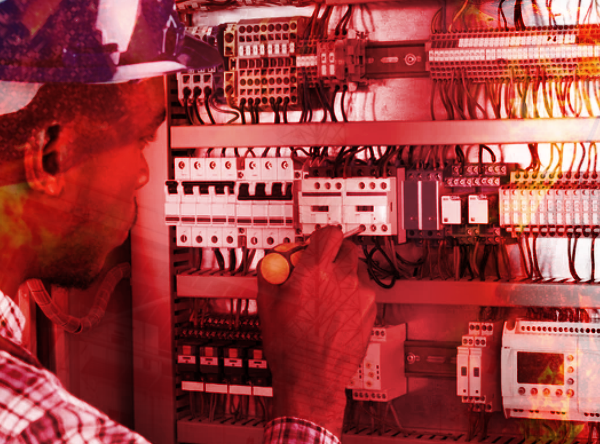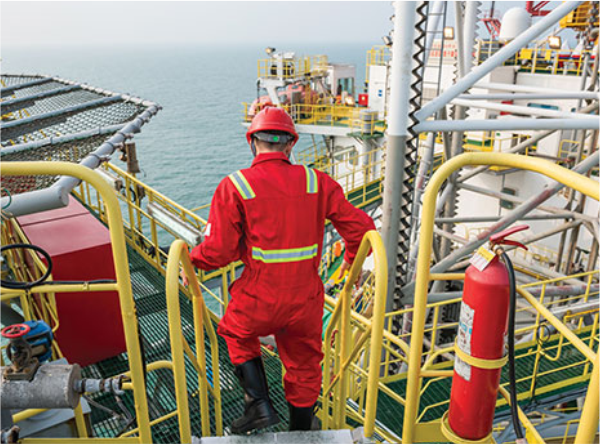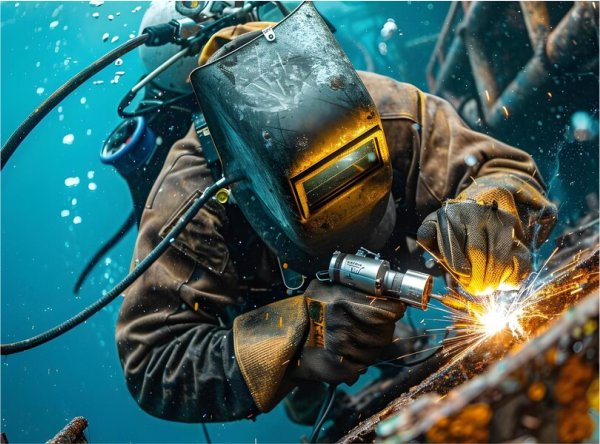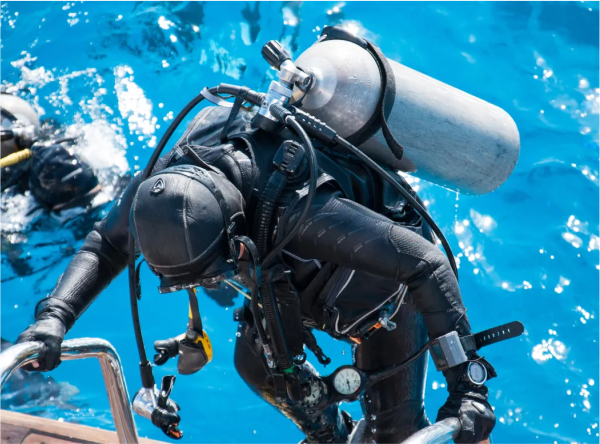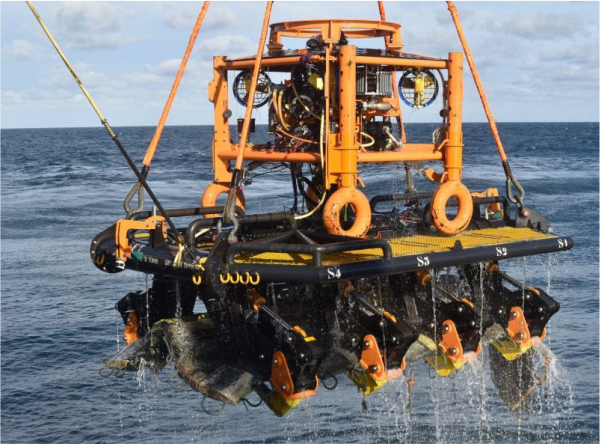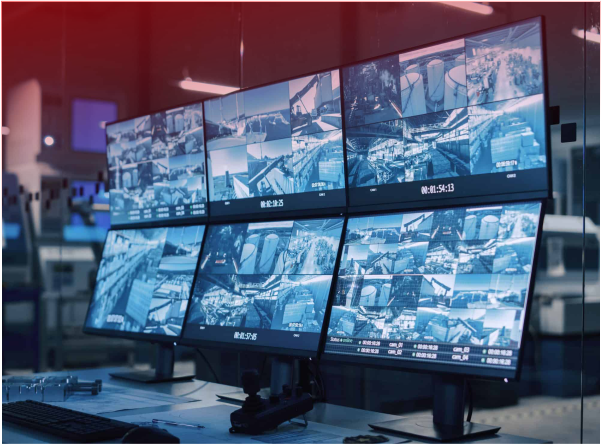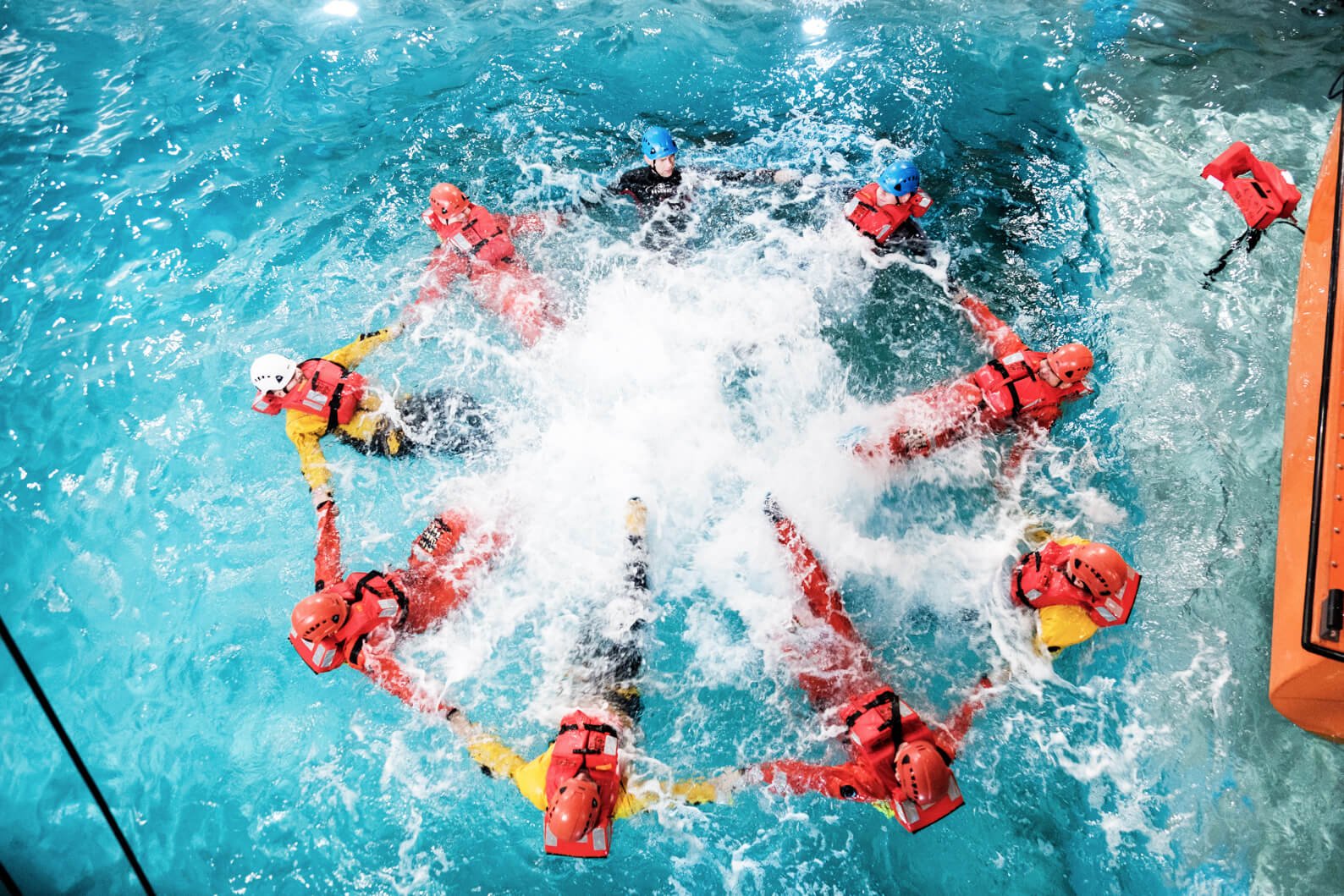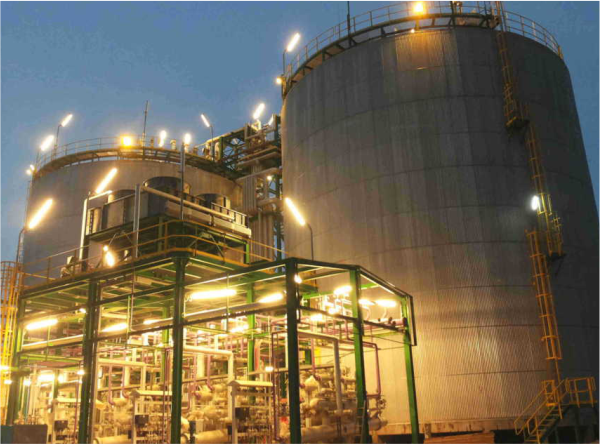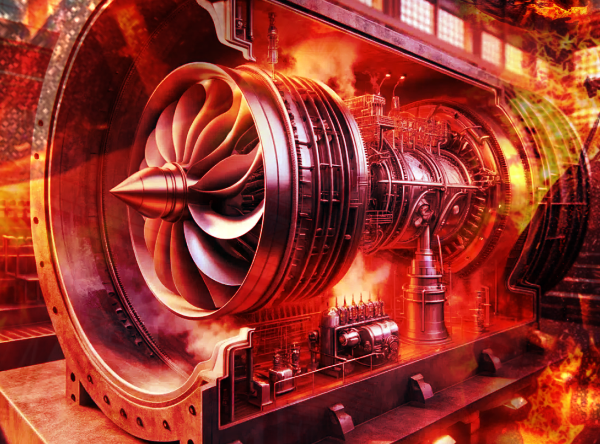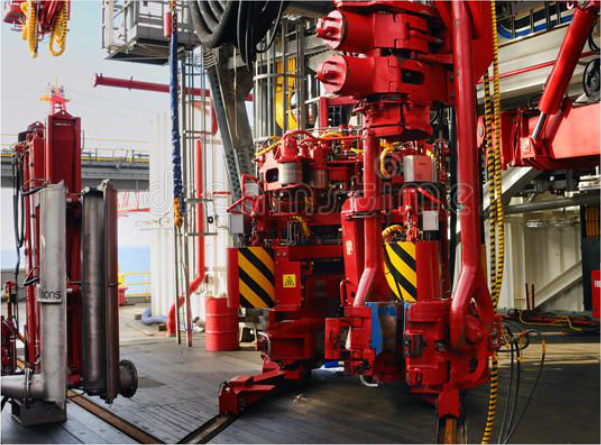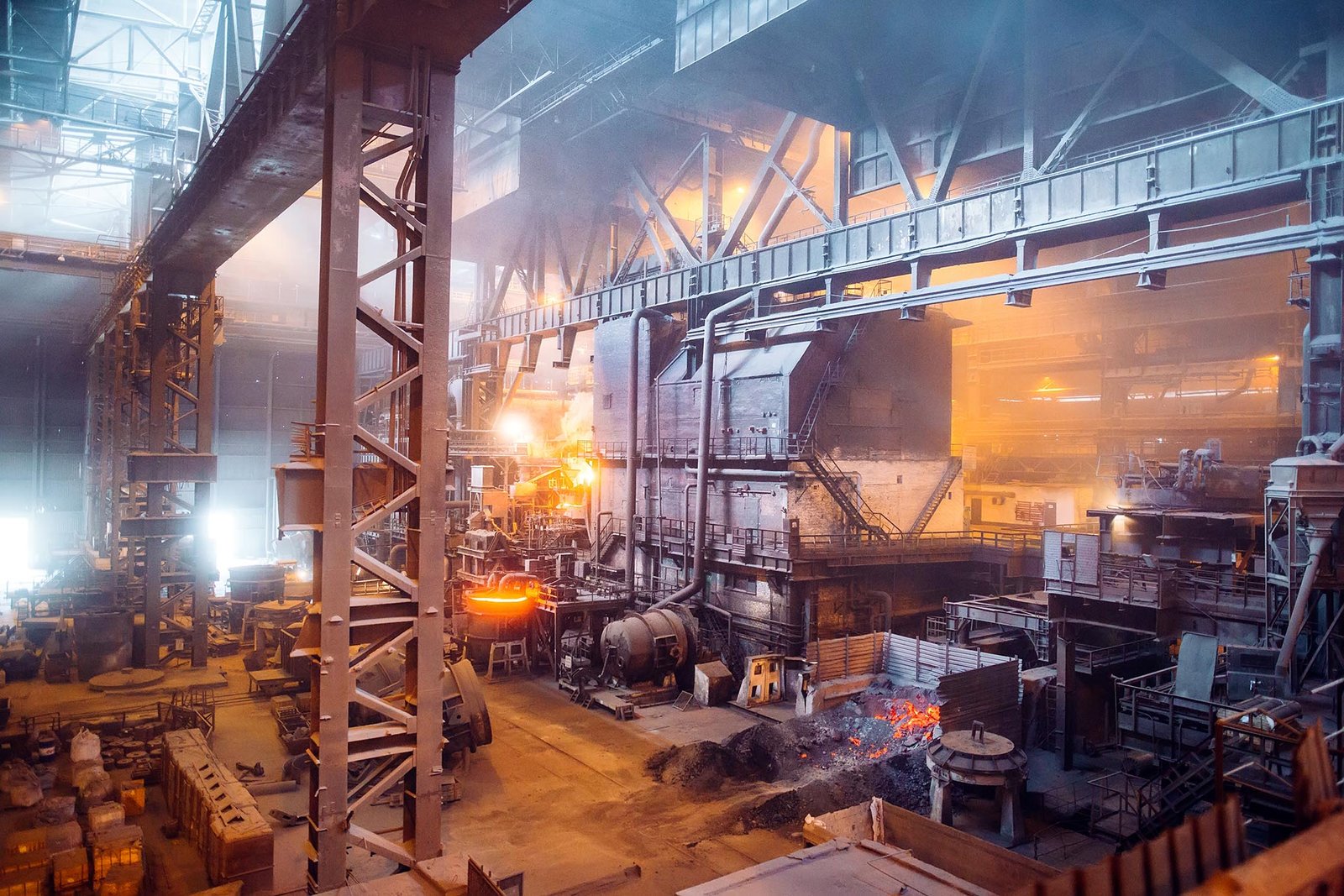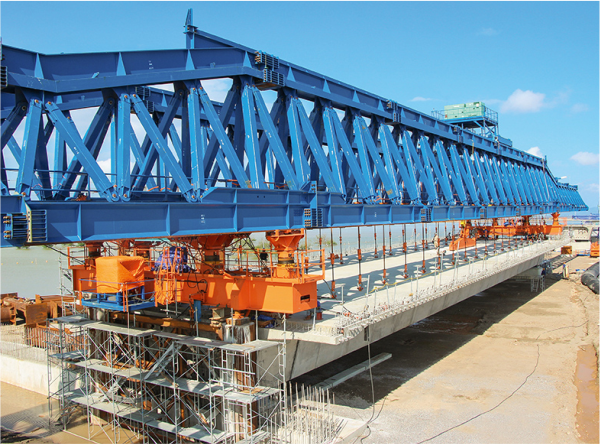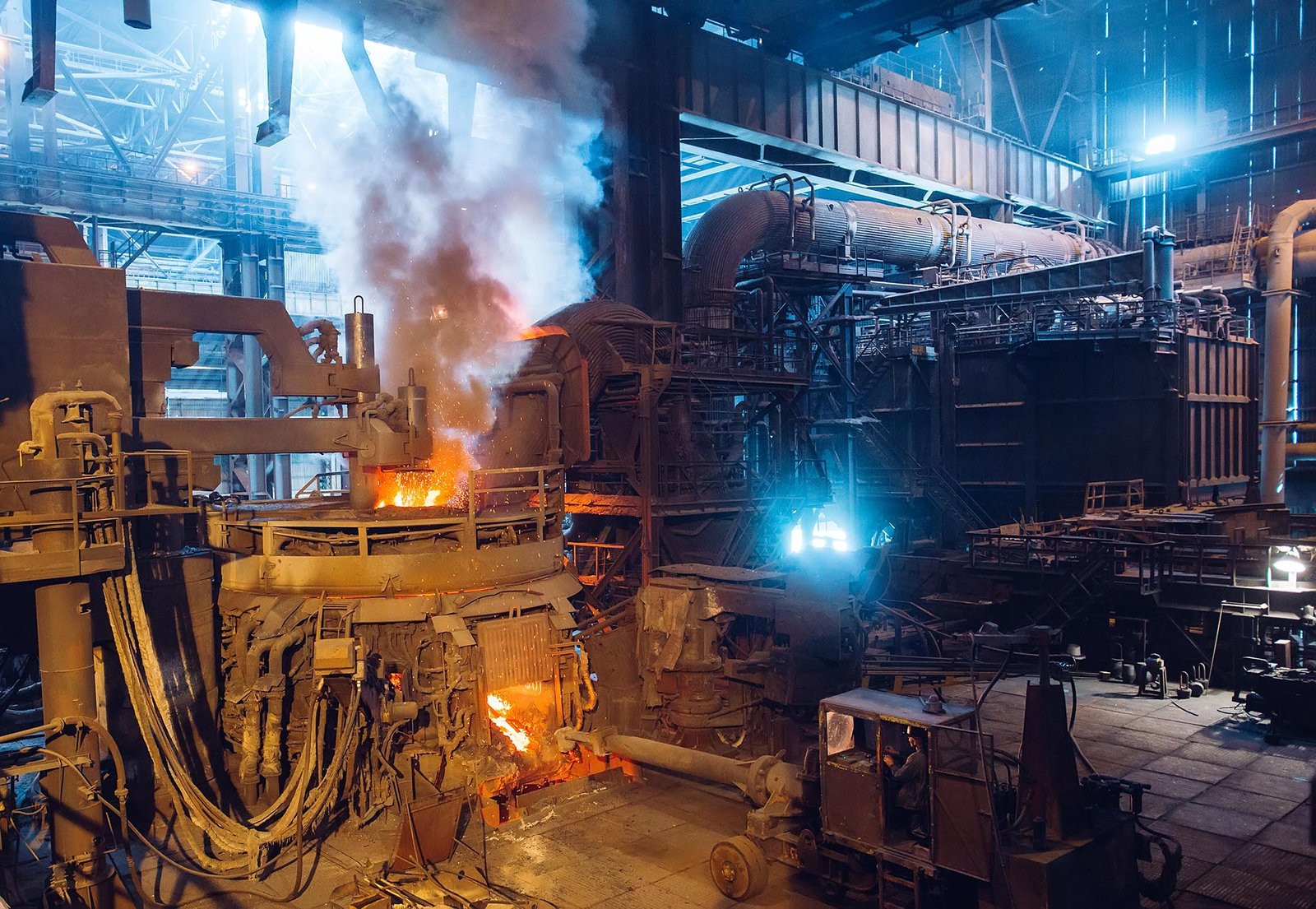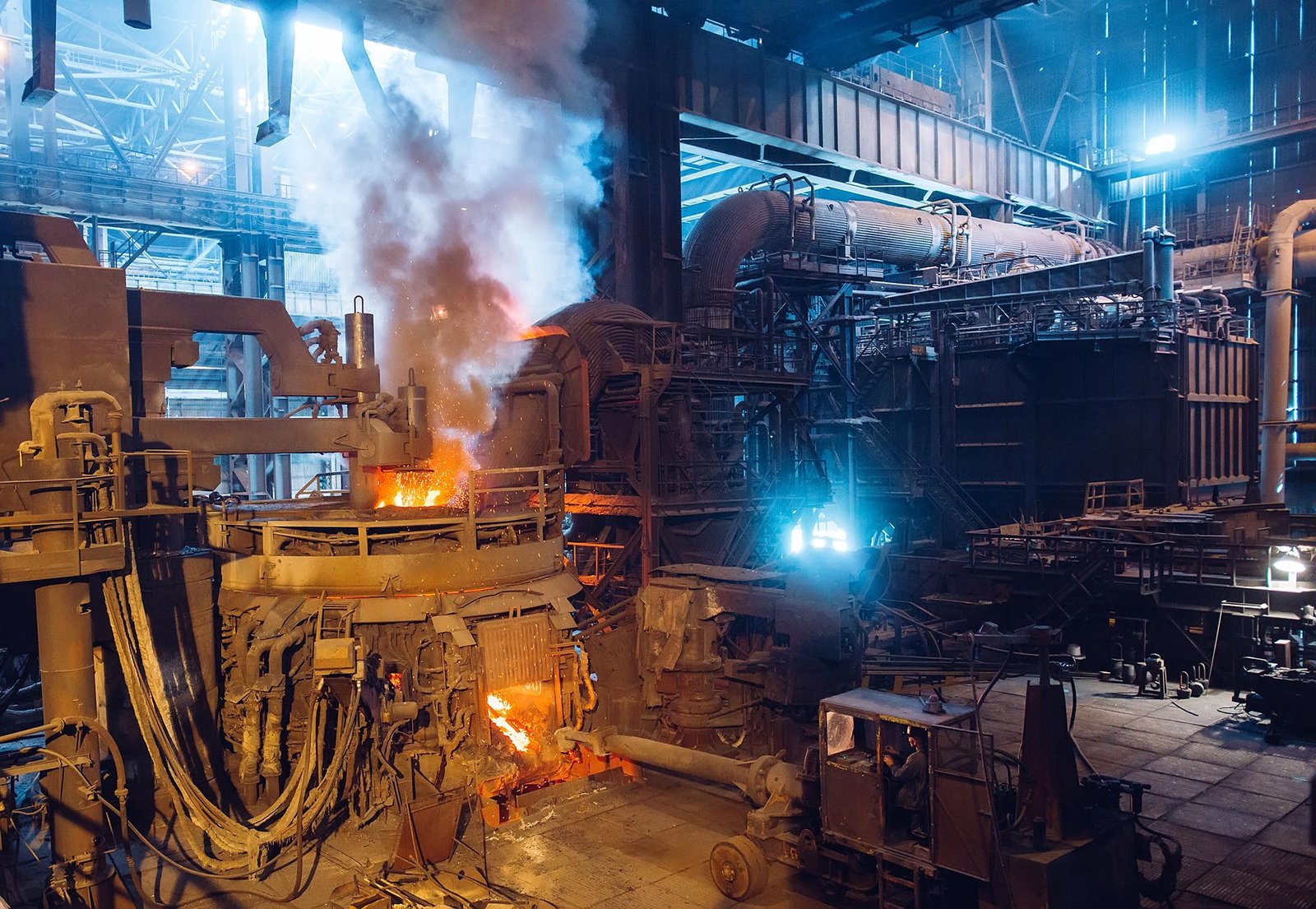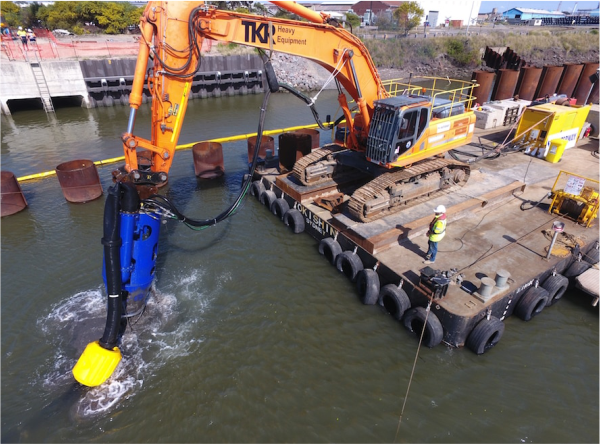Onshore Offshore Electrical Engineering Training
An Offshore Electrical Engineering course is designed to equip participants with the specialized knowledge and skills required to manage electrical systems in offshore environments, particularly in the oil, gas, and marine industries. This course covers a range of topics essential for designing, operating, and maintaining electrical systems that function safely and efficiently under challenging offshore conditions.
Course Overview
The course typically blends theoretical knowledge with practical, hands-on training, ensuring that participants gain a comprehensive understanding of offshore electrical engineering. It is suitable for electrical engineers, technicians, and other professionals looking to specialize in offshore operations.
Key Modules
-
Introduction to Offshore Electrical Engineering:
- Overview of offshore environments and operations.
- Understanding the role of electrical systems in offshore facilities.
- Basic electrical engineering principles applied to offshore settings.
-
Electrical Power Generation and Distribution:
- Offshore power generation methods (gas turbines, diesel generators, renewable energy).
- Electrical distribution systems on offshore platforms.
- Power management strategies and load balancing.
-
Designing for Offshore Environments:-
- Designing electrical systems to withstand corrosion, moisture, and extreme weather.
- Selection of materials and equipment suitable for offshore use.
- Compliance with industry standards and regulations (IEC, API).
-
Safety and Hazardous Area Classification:
- Electrical safety in offshore environments.
- Hazardous area classification (zones 0, 1, 2) and equipment selection.
- Designing and maintaining explosion-proof and intrinsically safe systems.
-
Subsea Electrical Systems:
- Overview of subsea electrical systems and components.
- Power distribution for subsea equipment and remotely operated vehicles (ROVs).
- Cable and connector technologies for subsea applications.
-
Control and Automation Systems:
- Introduction to control systems used in offshore facilities.
- SCADA (Supervisory Control and Data Acquisition) systems.
- Automation and remote monitoring of offshore electrical systems.
-
Maintenance, Testing, and Troubleshooting:
- Routine maintenance procedures for offshore electrical systems.
- Non-destructive testing (NDT) techniques and tools.
- Troubleshooting and fault diagnosis in offshore environments.
-
Health, Safety, and Environment (HSE):
- HSE regulations and best practices in offshore electrical engineering.
- Emergency response planning and procedures.
- Environmental considerations in offshore operations.
-
Emerging Technologies and Innovations:
- Advances in renewable energy integration (offshore wind, solar).
- Digitalization and smart grid technologies.
- Remote operation and AI-driven diagnostics.
Learning Outcomes
Upon completing the course, participants will be able to:
- Design and implement robust electrical systems for offshore facilities.
- Ensure compliance with industry standards and safety regulations.
- Perform routine maintenance, testing, and troubleshooting of offshore electrical systems.
- Apply best practices for managing electrical power generation and distribution in offshore environments.
- Understand and mitigate the unique challenges of working in offshore settings.
Certification
Participants who successfully complete the course will receive a certification in Offshore Electrical Engineering, which is recognized in the oil and gas, marine, and energy industries. This certification demonstrates the participant’s capability to handle the complexities of offshore electrical systems.
Target Audience
- Electrical Engineers and Technicians
- Marine Engineers
- Offshore Operations Personnel
- Safety and Maintenance Professionals
- Anyone seeking to advance their career in offshore electrical engineering
Course Duration and Format
The course duration can vary but typically spans several weeks to a few months, depending on the depth of content and delivery method. It may be offered as a full-time, part-time, or online program, allowing flexibility for working professionals.
Why Us!
Trust is our most cherished asset, serving as the foundation of
our journey in the oil and gas industry. Since our company's establishment in 2001, we have
remained diligent and focused in bidding for and executing projects for our clients in this
highly competitive and dynamic field.
Our commitment is to consistently deliver projects ahead of schedule while ensuring client
satisfaction. We also place great importance on maintaining strong interpersonal relationships
with our clients, welcoming feedback and suggestions to continually improve our services.
Quality Control System
We enhance our industry operations by relieving you of the worries associated with freight forwarding.
100% Satisfaction Guarantee
We are one of the Nations largest automotive parts recyclers and a widely recognized leader utilizing advanced
Highly Professional Staff
An integrated approach to providing engineering services allows our clients to benefit from the commercial logistical
Accurate Testing Processes
We’ll work with you on your portfolio, large or small. Together we’ll fine-tune your new construction, remodeling or renovation

